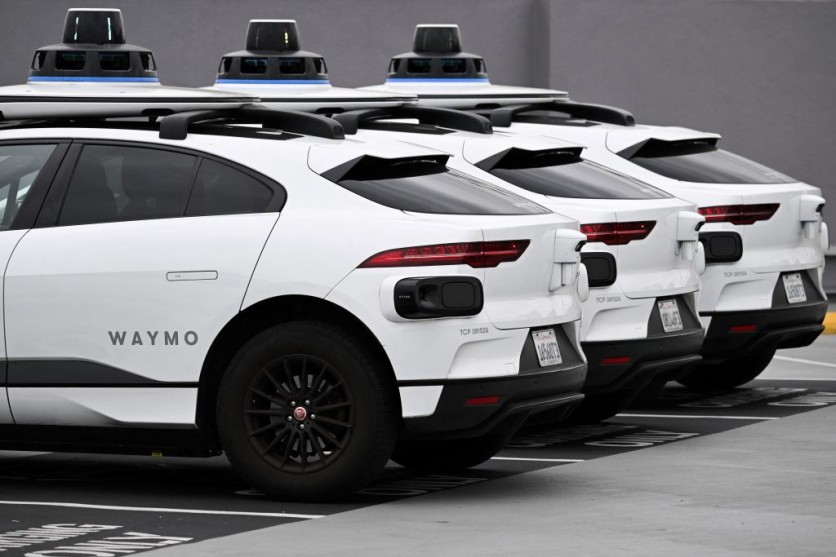A study by engineers at the University of Central Florida found that self-driving cars are generally safer than human-driven ones, with notable exceptions.
According to Tech Xplore, Mohamed Abdel-Aty and Shengxuan Ding conducted this research, analyzing car crash data from California between 2016 and 2022.

Autonomous Vehicles vs. Human-Driven Cars in Safety Terms
Accidents involving autonomous vehicles have been prominently reported for years, creating an impression of their potential danger compared to human-driven cars. However, this new study offers a comprehensive comparison of safety statistics between the two.
California, a state permitting thousands of autonomous vehicles on its roads, provided a rich dataset for this study. The researchers scrutinized accident records for 2,100 autonomous vehicles and 35,113 human-driven vehicles, examining crash rates across various scenarios.
The findings revealed that self-driving cars are generally safer than human-driven ones. In similar situations, autonomous vehicles had a lower likelihood of accidents than their human-driven counterparts.
This suggests that, overall the safety mechanisms in autonomous cars are more effective in preventing accidents under typical driving conditions. However, the study identified two scenarios in which human-driven vehicles outperformed their autonomous counterparts: dawn and dusk and during turns.
The sensors in self-driving cars struggled with low-light conditions at sunrise and sunset, leading to higher accident rates. Similarly, the complexity of turning situations posed challenges for autonomous vehicles, resulting in more accidents than human-driven cars.
Highlighting the Weaknesses of Autonomous Vehicles
The researchers proposed that highlighting these weaknesses in autonomous vehicles should drive manufacturers to focus on improving these specific areas, thereby enhancing overall safety.
They also pointed out that as technology continues to evolve, autonomous vehicles will likely become safer, similar to the progression seen in human-driven car safety over time.
Further studies are recommended to ensure ongoing improvements in the safety of self-driving cars, especially given auto giants' plans to phase out human-driven vehicles in the future.
The study's findings are particularly relevant as the automotive industry moves towards a future dominated by autonomous vehicles. Understanding the specific conditions under which self-driving cars are less safe can guide manufacturers in refining their technologies.
The study hopes to address these weaknesses by improving the overall safety of autonomous vehicles, which could pave the way for wider adoption and greater public trust. The findings of the research team were published in the journal Nature Communications.
Related Article : Tesla Reduces Full Self-Driving Software Price, Offering Upgrade Option for Enhanced Autopilot Owners

ⓒ 2025 TECHTIMES.com All rights reserved. Do not reproduce without permission.




